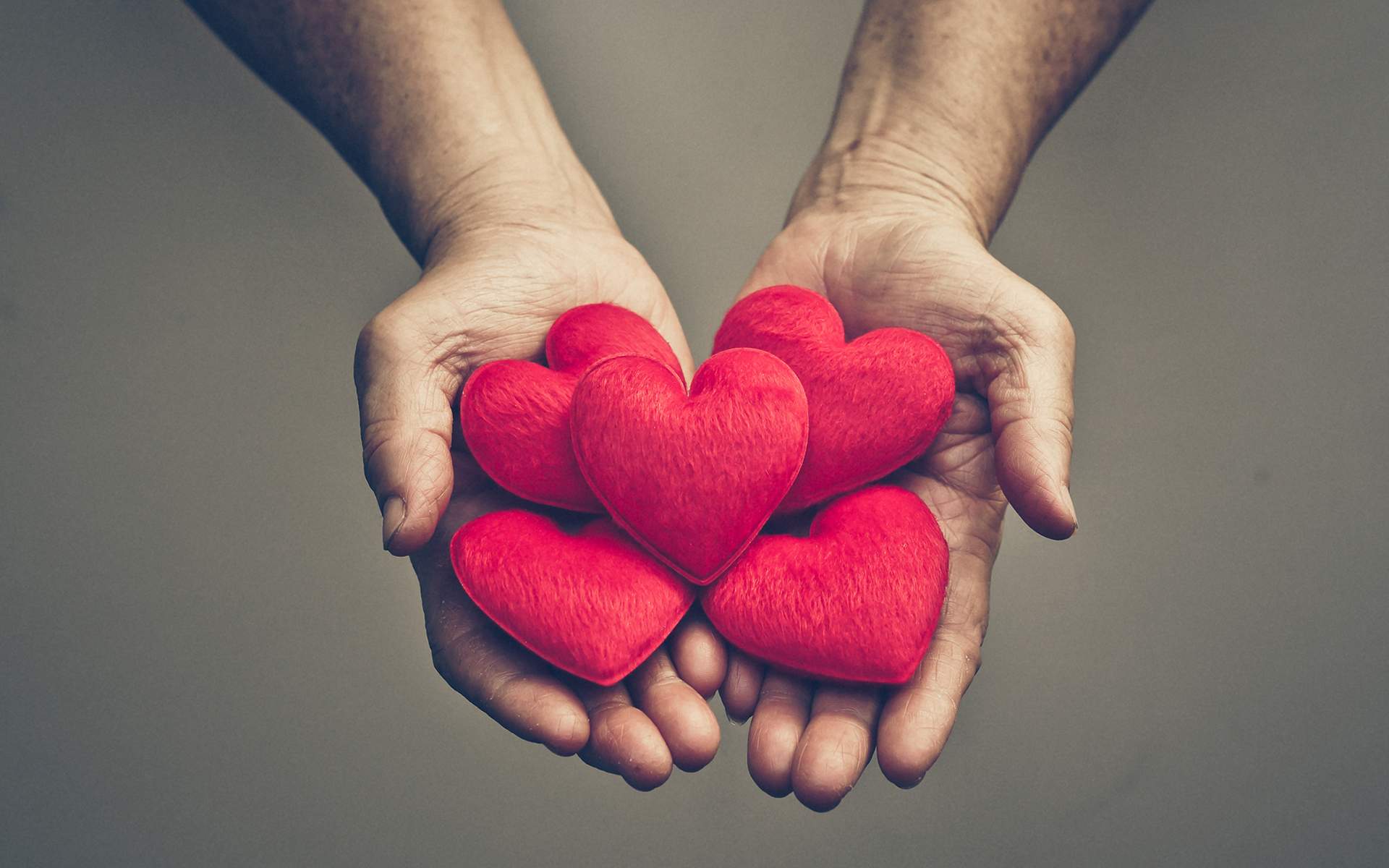
Boost Compassion & Courage in 15 Minutes
Discover how a simple 15-minute self-affirmation exercise can increase compassion, reduce schadenfreude, and boost courage. Science-backed results!
Discover the best mindfulness articles of 2019—meditation guides, stress reduction tips, mindful eating, and practices for kids. Boost your well-being today!

Looking to deepen your mindfulness practice or reduce daily stress? In 2019, we curated expert-backed articles on meditation, mindful living, and mental well-being. Here are the most impactful reads:
Your smartphone can be a powerful mindfulness tool. These free meditation apps help you practice anywhere:
- Headspace (guided sessions)
- Insight Timer (largest free library)
- Calm (sleep stories & relaxation)
- Smiling Mind (science-based programs)
- Stop, Breathe & Think (emotional check-ins)
New to meditation? Follow this simple process:
1. Find a quiet space (no distractions)
2. Sit comfortably (cushion or chair)
3. Focus on your breath (count inhales/exhales)
4. Notice wandering thoughts (gently return focus)
5. Start with 5 minutes daily, then increase
Psychologist Tara Brach’s RAIN technique helps manage overwhelm:
- Recognize your emotions
- Allow feelings without judgment
- Investigate with kindness
- Nurture yourself
Christopher Willard’s tips for eating mindfully:
- Chew slowly (20-30 times per bite)
- Eliminate distractions (no phones/TV)
- Notice flavors and textures
- Stop at 80% full
- Express gratitude for your meal
A fun mindfulness activity for children:
1. Fill a jar with water, glue, and glitter
2. Shake it to represent busy thoughts
3. Watch glitter settle (symbolizing a calm mind)
Eco-tip: Use biodegradable glitter
Mindful work habits to try today:
- Take 3 deep breaths before meetings
- Single-task instead of multitasking
- Schedule "focus blocks" without emails
- Practice gratitude for colleagues
Jack Kornfield’s 6 tips for consistency:
- Attach meditation to an existing routine (e.g., after brushing teeth)
- Start small (2-5 minutes)
- Track progress with a calendar
- Be kind to yourself on skipped days
- Try different styles (walking, loving-kindness)
- Join a meditation group for accountability
Why leaning into discomfort builds resilience:
- Creates emotional flexibility
- Reduces avoidance behaviors
- Rewires brain response to stress
Practice: Name emotions ("This is anxiety") without reacting
Top mood-supporting foods from research:
- Fatty fish (omega-3s)
- Leafy greens (folate)
- Fermented foods (gut-brain connection)
- Dark chocolate (flavonoids)
- Walnuts (polyphenols)
Key findings from Shamash Alidina:
- Lowers cortisol (stress hormone)
- Improves emotional regulation
- Enhances focus and decision-making
- Reduces rumination
- Strengthens immune response
Which technique will you try first?

Discover how a simple 15-minute self-affirmation exercise can increase compassion, reduce schadenfreude, and boost courage. Science-backed results!

Explore Ohio's forgotten towns and scenic backroads while learning mindfulness lessons from unexpected detours. A travel reflection on seeing beyond the highway.

Learn a simple 3-step mindfulness technique to unhijack your attention, reduce stress, and improve present-moment awareness in just 2 minutes.